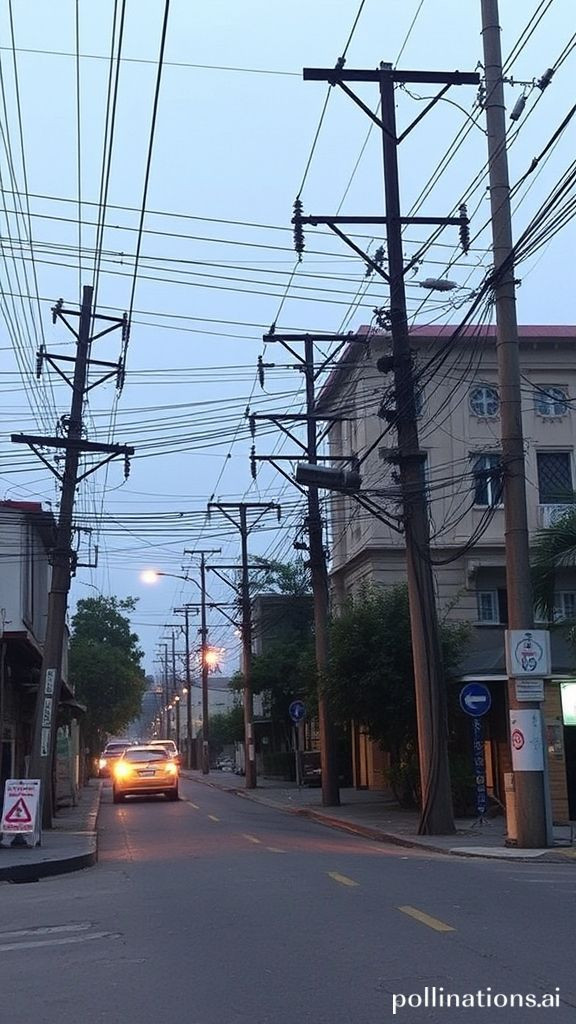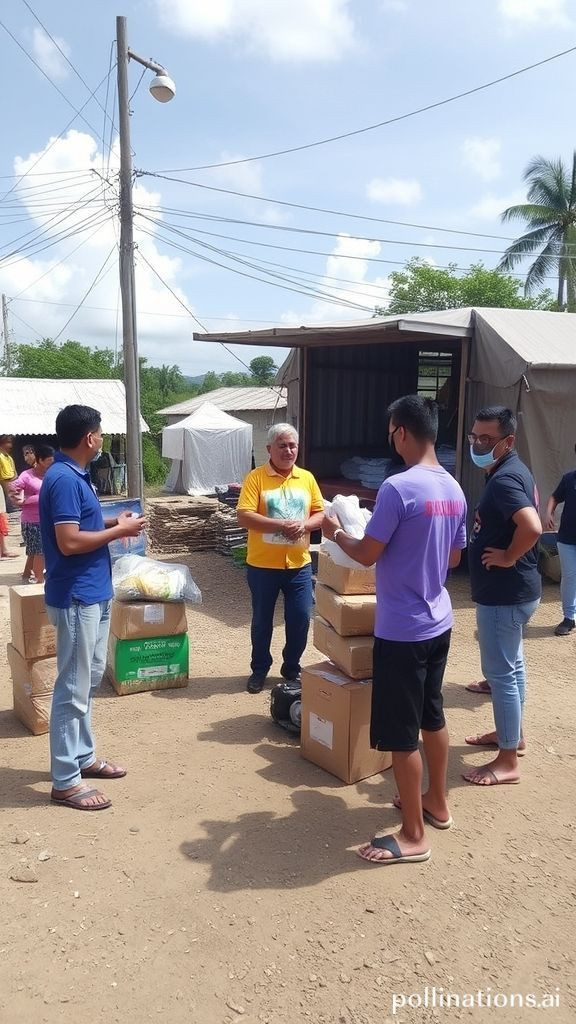
Passage of anti-troll bill seen as 'urgent and critical'
Passage of anti-troll bill seen as 'urgent and critical'

The Urgent Need for an Anti-Troll Farm Law Protecting Free Speech in the Face of Foreign Interference
In today's digital age, the internet has become a vital platform for people to express their opinions, share information, and engage with others. However, this increased online activity has also given rise to a growing concern – the proliferation of troll farms. These organizations use fake social media accounts to spread misinformation, propaganda, and disinformation, often with malicious intent.
Recently, former Senator Leila de Lima sounded the alarm on the need for an anti-troll farm law in the Philippines. Her call came after Senator Francis Tolentino revealed that a marketing firm, Infinitus Marketing Solutions, had a contract with the Chinese embassy to conduct troll farm operations in the country. These keyboard warriors would play a vital role in promoting China's agenda and influencing internal Philippine affairs.
The expose has raised serious concerns about foreign interference in domestic elections. De Lima emphasized the urgency of passing an anti-troll farm law to protect free speech and prevent foreign powers from manipulating public opinion. She correctly pointed out that free speech cannot be hidden behind businesses that profit from deception and pretense. Fooling Filipinos is not free speech, especially when it comes from orders of foreigners.
The National Security Council (NSC) has also sounded the alarm on China's state-sponsored campaign to interfere in May's midterm elections. This revelation highlights the need for stronger measures to prevent foreign interference in domestic politics.
What Are Troll Farms?
Troll farms are organizations that use fake social media accounts to spread propaganda and disinformation. These accounts are often created using artificial intelligence-powered software, making it difficult to detect their authenticity. The goal of these farms is to sway public opinion and influence decision-making processes.
Why Do We Need an Anti-Troll Farm Law?
Passing an anti-troll farm law is crucial for protecting free speech and preventing foreign interference in domestic politics. Such a law would provide legal frameworks for identifying and prosecuting troll farm operators, as well as protecting individuals from online harassment and disinformation.
A proposed anti-troll farm law should include provisions that
Define what constitutes a troll farm and the consequences of operating one
Establish mechanisms for detecting and reporting fake social media accounts
Protect individuals from online harassment and disinformation
Hold accountable those who engage in such activities
Conclusion
The passage of an anti-troll farm law is urgent and critical to protect free speech and prevent foreign interference in domestic politics. De Lima's call for action has highlighted the need for stronger measures to prevent the manipulation of public opinion by foreign powers.
As we move forward, it is essential that we prioritize the protection of our democratic institutions and the integrity of our elections. Passing an anti-troll farm law would be a crucial step towards achieving this goal.
Recommendations
To effectively combat troll farms, policymakers should consider implementing the following measures
1. Strengthen online content regulations to prevent the spread of misinformation.
2. Establish robust fact-checking mechanisms to verify the accuracy of online information.
3. Increase public awareness about the risks and consequences of engaging with troll farm operations.
4. Collaborate with international partners to share best practices and strategies for combating troll farms.
By taking these steps, we can ensure that our digital platforms remain a space for genuine free speech and not a playground for foreign powers to manipulate public opinion.
I hope this edited blog post meets your expectations!





